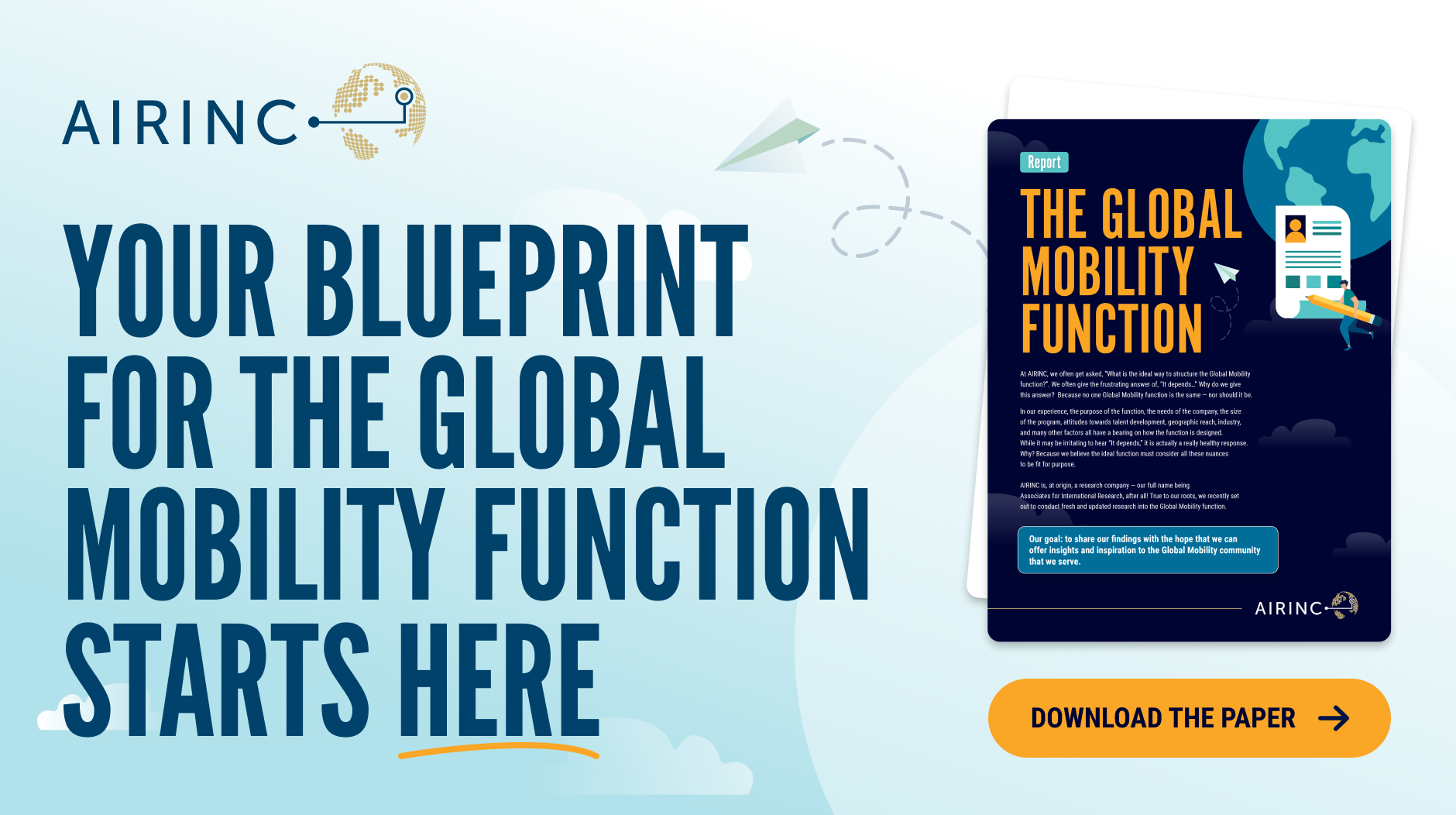Back in January 2024, I wrote my first blog for AIRINC, "Globally mobile employees – how will your company respond in the most difficult moments?". It proved popular so we decided to explore this topic further in a white paper with input from our friends at International SOS.
Introduction: Why Preparation Is Crucial
At AIRINC, we understood that preparation is the cornerstone of effective crisis management. We knew that one organization who exemplifies this is International SOS. With employees in over 45 countries, they’ve built a robust framework to ensure safety and operational efficiency, even in the most challenging locations. Let’s take a closer look at how they’ve done it.
Case Study: Sarah’s Deployment to Papua New Guinea
Sarah, a skilled doctor with International SOS, was assigned to a remote location in Papua New Guinea. This area, characterized by rugged terrain and limited medical facilities, presented unique challenges. Here’s how International SOS ensured her safety and success:
Pre-Deployment Health Assessments
Sarah underwent a comprehensive Fit-for-Work assessment to identify potential health risks. This ensured she was medically fit and prepared for the assignment, reducing the likelihood of emergencies.
Proactive Risk Mitigation
Chronic health conditions, if undisclosed, can become life-threatening in remote locations. By addressing these risks upfront, International SOS ensured Sarah could access necessary medications and support if required.
Emergency Evacuation Planning
In a worst-case scenario, Sarah could be evacuated to Australia for medical care. These contingency plans were rehearsed to guarantee swift action if needed.
What Can Mobility Professionals Learn?
As global mobility professionals, ensuring employee safety and operational continuity is a top priority. The case of Sarah’s deployment highlights several critical takeaways that can help organizations better prepare for assignments in challenging locations:
Implement Pre-Deployment Health Checks to Identify Risks Early
Before sending employees abroad, particularly to high-risk locations, conducting comprehensive pre-deployment health assessments is essential. These checks help:- Identify any pre-existing medical conditions that could become problematic in remote areas.
- Ensure employees have access to necessary medications, vaccinations, and preventive care.
- Provide mental health support to prepare employees for cultural and environmental adjustments.
Develop Evacuation Plans Tailored to Specific Regions
Not all locations have access to high-quality medical care or emergency response services. Mobility professionals should:- Assess healthcare infrastructure in the host country and determine emergency medical evacuation options.
- Rehearse evacuation scenarios with local teams to ensure swift action when needed.
- Establish clear communication protocols so employees know who to contact in an emergency.
Strengthen Partnerships with Risk & Medical Experts
No company can handle every emergency alone. Collaborating with global risk management experts such as International SOS ensures:- Access to real-time intelligence on security, health, and environmental risks.
- A network of medical professionals and emergency responders to support employees.
- Expertise in crisis response planning to mitigate risks before they escalate.
Offer Ongoing Support & Training
Preparation doesn’t stop once an employee arrives in their host country. Providing continuous education and support can improve assignment success. Consider- Pre-departure training sessions covering security, cultural adaptation, and local healthcare systems.
- Regular check-ins and well-being assessments to identify concerns before they become crises.
- Access to mental health resources and counselling, particularly for employees in high-stress environments.
Customize Policies for Different Assignment Types
Different mobility programs—short-term assignments, long-term relocations, or rotational deployments—require unique risk management approaches. Ensure policies account for- Local healthcare infrastructure and insurance coverage.
- Family accompaniment policies and additional support for dependents.
- Contingency planning for political instability, natural disasters, or sudden health crises.
Conclusion and Call to Action
International SOS demonstrates that meticulous preparation is non-negotiable for high-risk assignments. By applying these lessons, your Mobility program can support employees effectively, ensuring both safety and operational continuity.
Ready to strengthen your emergency preparedness?
Gain deeper insights and practical tips by downloading the white paper, A Long Way from Home: Emergency Responses for Internationally Mobile Employees. And if you want any more information, do not hesitate to contact us.


%20(9)-1.png)




